THREAD: apple bold gamble 500 billion
LifeLine™ Media threads use our sophisticated algorithms to construct a thread around any topic you want, providing you with a detailed timeline, analysis, and related articles.
News Timeline

BIG TECH Panic: Saudi AI Splurge and Ford Recall Rattle Wall Street
— Nvidia-backed CoreWeave just announced a massive $23 billion plan to grow its AI data centers in 2025. Investors got spooked, dropping CoreWeave’s stock by 7%. Wall Street is worried about the risks of spending so much, so fast. This move shows how fierce the fight for AI dominance has become — and how quickly companies can burn through cash.
Saudi Arabia is throwing billions at AI chips after Biden relaxed some chip rules. Nvidia shares soared on news of a huge $600 billion tech and defense deal between Saudi Arabia and the US. The market clearly believes global demand for artificial intelligence will keep growing fast.
Ford is recalling almost 274,000 Expedition and Lincoln Navigator SUVs because of a brake problem that could cause crashes. This recall puts another spotlight on carmakers’ ongoing reliability issues as regulators keep a close watch.
Boeing landed a giant $200 billion jet order from Qatar — good news after recent troubles. At the same time, Accord Financial is cutting costs as economic worries linger, Tata Power plans big growth in India’s energy sector, and automakers like Nissan are laying off workers even though there’s now less tension between the US and China over trade.
APPLE’S Bold Gamble: $500 Billion US Investment Ignites Hope as Stores Vanish
— Apple just announced a massive $500 billion plan to boost American manufacturing and create jobs. Over the next four years, Apple will build an AI server factory in Texas, open a new academy in Detroit, and hire 20,000 workers for research and development. This bold move follows CEO Tim Cook’s meeting with President Trump as Apple seeks tariff relief during tough trade talks with China.
At the same time, U.S. retailers are facing hard times. More than 15,000 stores are set to close in 2025 — double last year’s total. Chains like Joann, Walgreens, CVS, Macy’s, and Advanced Auto Parts are closing hundreds of locations each. However, some brands like Aldi and Dollar General are still growing while others shrink.
In other business news: Dooap is teaming up with Amazon Business to help companies using Microsoft Dynamics 365 Finance buy supplies faster. Over in the UK, Virgin Media O2 is joining forces with Daisy Group to form a major new business service provider.
ESPN plans to launch a $30-per-month streaming service that doesn’t need cable TV at all. And even though many shops are shutting down nationwide, Cards Direct is opening its doors in Halifax after Clintons closed — proof that local retail can still adapt when times get tough.
FORD’S $15 Billion Loss Shock: Trump-Era Auto Tariffs Spark Industry Fears
— Ford Motor Company has hit pause on its earnings forecast after revealing a stunning $15 billion loss. The company blames tariffs from the Trump years and ongoing trade fights for the huge setback. Ford also warns that if these policies stay in place, the entire U.S. auto industry could face over $100 billion in extra costs.
To fight back, Ford tried rerouting vehicles through Canada, which saved about $1 billion. Still, there’s a lot of uncertainty ahead. This news comes as the Federal Reserve keeps interest rates steady and points to trade disputes as a big economic risk.
Industry experts say Ford’s move is a warning sign for all of American manufacturing. It raises tough questions about profits and stability for other car makers too.
No one knows yet how bad things will get, but Ford’s losses are shining a light on growing dangers for U.S. jobs and businesses if these tariffs stick around.
FORD’S Shocking Loss: Tariffs Deliver $15 Billion Blow to Auto Giant
— Ford Motor Company just took a huge hit—$15 billion lost, all thanks to tariffs. The company has now suspended its financial outlook for the year. Ford says these trade fights, many started under President Trump, are costing not just them but could slam the whole U.S. auto industry with over $100 billion in extra costs if things don’t change soon.
The Federal Reserve decided not to raise interest rates this time. They say it’s because of all the uncertainty from tariffs and global trade battles. This move caught Wall Street off guard and left some investors worried about what comes next.
There is one bright spot: The U.S. government has lifted tariffs on UK steel and aluminum and cut car tariffs down to 10%. This new deal was worked out between President Trump’s team and UK Prime Minister Keir Starmer.
These events show how much trade policy matters for American jobs and businesses. Car makers are feeling squeezed while leaders try to steer through a risky economic moment.
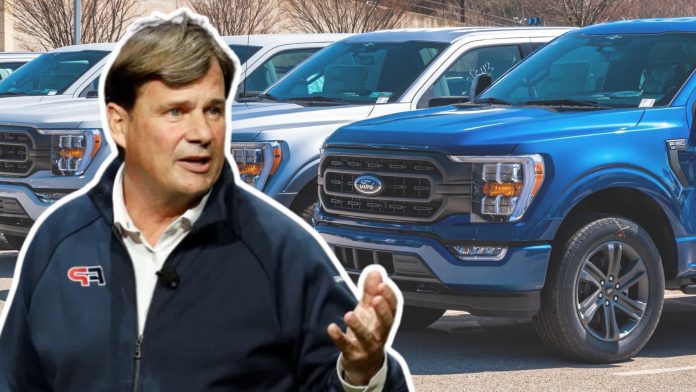
FORD’S $15 Billion Trade WAR Shock: How Trump’s Tough Tariffs Rattled the Auto Giant
— Ford Motor Company just hit the brakes on its earnings forecast. The company says tariffs from President Trump’s trade war could cost Ford a whopping $15 billion. Profits have already dropped 64% in the first quarter, and Ford blames these tariffs for most of the pain. Other carmakers may face over $100 billion in extra costs too.
To dodge some of these fees, Ford started sending cars from Mexico to Canada using special bond carriers. This helps avoid certain tariffs but doesn’t solve everything. By suspending its guidance, Ford is telling investors things are shaky and uncertain.
The Federal Reserve chose not to raise interest rates this time. Leaders pointed to risks from trade fights and older tariff rules as reasons for their caution. Big banks like Goldman Sachs also warned about possible trouble ahead for Wall Street.
There is some good news for global trade, though. A fresh deal between the U.S. and UK will remove steel and aluminum tariffs while cutting car taxes down to 10%. This agreement — first set up under President Trump — could help cool off some tensions even as other problems remain unsolved.
BUFFETT SHOCKS Wall Street: Berkshire CEO Steps Down, New Era Begins
— Warren Buffett, the 94-year-old investment icon, just announced he will step down as CEO of Berkshire Hathaway at the end of 2025. He broke the news at the company’s annual meeting, sending shockwaves through Wall Street and Main Street. For over sixty years, Buffett built Berkshire into a powerhouse that shaped American business.
Greg Abel will become the new CEO. Abel is currently vice chairman and has been seen as Buffett’s pick to lead next. Investors are watching to see if Abel can keep Berkshire steady and stick to its conservative values.
Berkshire shares saw heavy trading after Buffett’s announcement. Some investors feel hopeful about a smooth handoff, but others worry about losing Buffett’s steady leadership.
Buffett will stay on as board chairman for now. His exit marks a huge change in American business at a time when markets face new tariffs, government fights in Washington, and global uncertainty.
US MARKETS SHAKEN: GDP Slump and Trump’S Tough Trade Moves Rattle Investors
— Wall Street had a rocky day. The Dow Jones rose by 141 points, but the S&P 500 and Nasdaq barely moved. New data showed the US economy shrank for the first time in three years, and job growth was weaker than hoped. Many investors are watching President Trump’s trade tariffs as inflation reports come out and tech stocks struggle.
Visa stood strong with big profits and a $30 billion stock buyback plan. CEO Ryan McInerney said Visa’s business model is helping them stay steady in these tough times. But airlines and auto parts companies are still feeling the pain from tariffs.
Outside the US, Pakistan’s stock market crashed over fears of military conflict with India, which also hurt Indian markets. In Europe, the central bank raised interest rates even though banks are still shaky after problems at Credit Suisse.
Tech firms like Super Micro Computer reported less demand for AI equipment, while BlackRock invested more in blockchain technology. Experts say investors should be careful with risky stocks right now and look at safer options as global uncertainty grows.

BOEING’S Bold $105 Billion Sale Sparks Hope For American Manufacturing
— Boeing is selling its navigation and flight planning tech businesses to Thoma Bravo, a private equity firm, for $10.5 billion in cash. The move aims to cut Boeing’s huge debt and help the company refocus on building planes — its main business.
Nearly 4,000 workers are part of this digital unit, but not all of them or their projects are included in the sale. Some technology will stay with Boeing even after the deal wraps up, which should happen by late 2025.
Boeing’s CEO said this sale is key to getting back on track and keeping the company strong financially. He believes it will help protect Boeing’s credit rating and allow leaders to focus on what matters most.
Many conservatives view this as a smart return to basics at a time when America needs strong manufacturing jobs — not more risky side projects or growing debt loads.

MAGNACHIP’S BOLD Move: Shift to Power Business Promises Big Profits
— Magnachip Semiconductor Corporation is making a bold shift to focus solely on its Power business. This strategic move, decided by the Board and management, aims to boost revenue growth and increase shareholder value.
The company plans to phase out its Display segment, classifying it as discontinued in the next Q1 results. Options like selling or merging this segment are on the table. The goal is clear: ensure steady profits and keep shareholders happy.
Magnachip aims for quarterly break-even by Q4 2025 and expects positive operating income by 2026. By 2027, they foresee positive free cash flow. The Power business will target stable markets with long product cycles, unlike the unpredictable smartphone market of their Display segment.

APPLE’S $500 Billion Gamble: Can It Really Boost American Jobs?
— Apple has unveiled a groundbreaking $500 billion investment plan in the U.S. over the next four years. A new manufacturing facility in Houston, focused on AI servers, is part of this initiative. CEO Tim Cook highlighted this as a major push for American innovation and job creation.
The plan includes doubling Apple’s U.S. Advanced Manufacturing Fund to $10 billion, aiming to create 20,000 jobs. The Houston plant will cover 250,000 square feet and produce hardware for Apple Intelligence, their AI system. This comes amid trade tensions from tariffs on Chinese imports imposed by President Trump that affect tech sectors like chips.
Apple’s strategy appears aimed at countering trade challenges while competing with tech giants like Microsoft and Google in AI markets. Yet analysts question the feasibility of such an ambitious plan given Apple’s current capital of less than $160 billion and wonder if inflation-adjusted spending might actually decrease rather than increase real terms spending.
Questions persist about creating 20,000 jobs at an estimated cost of $25 million per job, casting doubt on Apple’s claims’ practicality. While Apple’s bold move seeks to navigate geopolitical pressures and market realities, its success remains uncertain amidst these challenges.
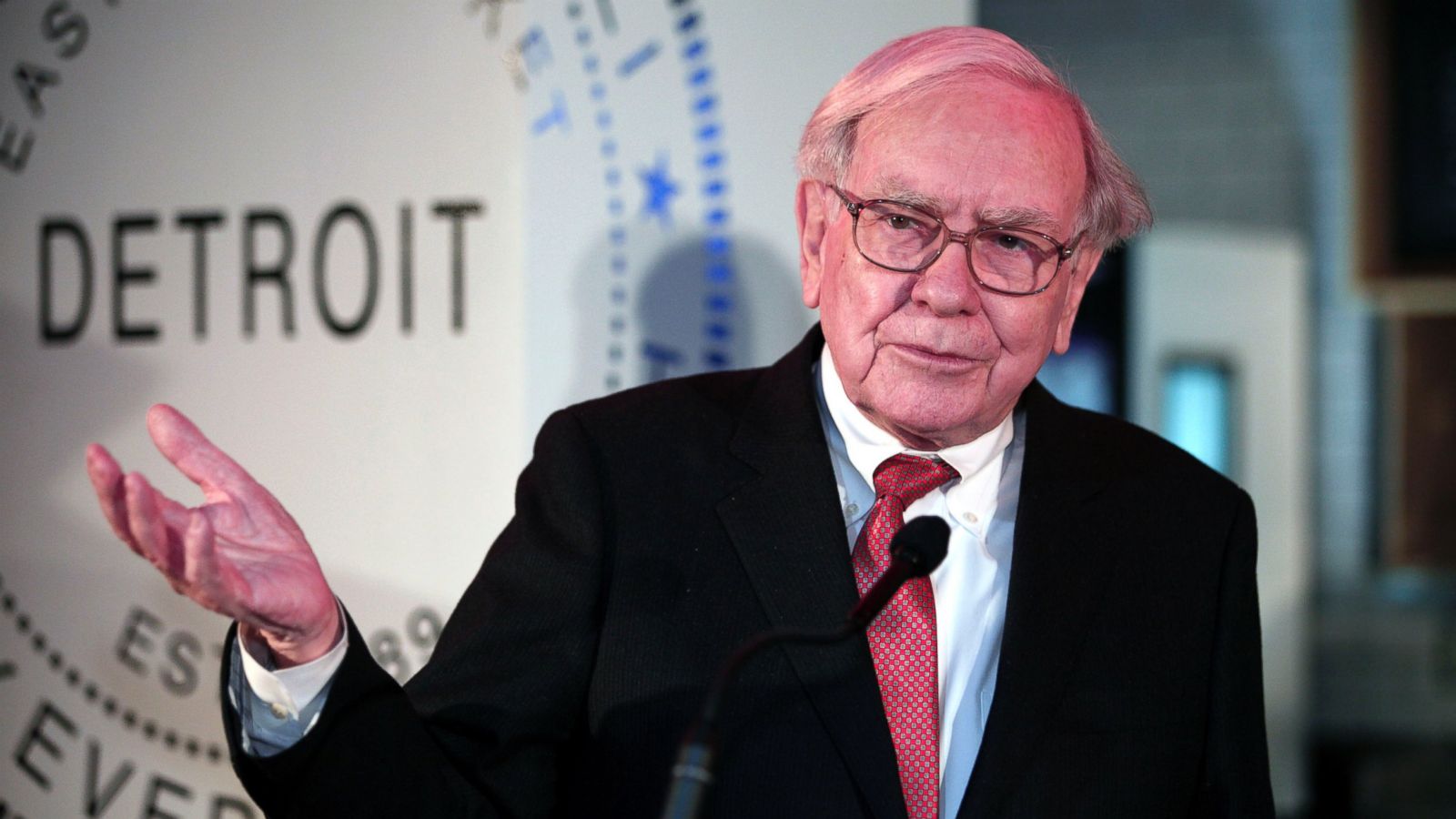
WARREN BUFFETT’S Bold Moves in a Chaotic Economy
— Warren Buffett, the billionaire investor, is taking a careful approach in today’s economic climate. He has trimmed Berkshire Hathaway’s equity portfolio and boosted investments in Treasury bills. This strategy shows caution as financial markets face turmoil.
Berkshire Hathaway has also changed its focus on diversity and inclusion. The company removed these topics from its annual report, joining other American firms rethinking their stance on such issues. Instead, the report highlights human capital and practices for attracting and keeping employees across its 189 businesses.
Buffett’s annual letter to shareholders remains a key source of investment wisdom. Investors watch these letters closely for insights into his strategies and market views. His guidance continues to influence many in the financial world, stressing long-term value over short-term gains.
/Super%20Micro%20Computer%20Inc%20HQ%20photo-by%20Tada%20Images%20via%20Shutterstock.jpg)
SUPER MICRO Stock Skyrockets: Investors Cheer Bold 2026 Goals
— Super Micro’s stock jumped after the company set bold goals for 2026, calming investor worries about its future. Despite controversies and a Department of Justice probe into its accounting, Super Micro is working to stabilize. The company hired a new accountant and announced an independent review found no wrongdoing.
Nasdaq gave Super Micro more time to submit filings by February 25, which the company plans to meet. This extension follows a tough year with challenges noted in the Hindenburg report. Investors reacted positively to these updates, causing stock prices to soar after the business update on February 11.

TRUMP-Linked Firm’s BOLD Crypto Move Shakes Wall Street
— World Liberty Financial (WLF), linked to Donald TRUMP, has announced a strategic reserve of digital assets. The firm is moving over $307 million to Coinbase Prime. Initially thought to be a sell-off, WLF clarified these are routine treasury operations.
The project aims to tokenize real-world assets, providing secure infrastructure for institutional investors. At the Ondo Summit, WLF highlighted blockchain’s potential to modernize outdated financial systems. This move has attracted major partners like Franklin Templeton and Google Cloud, showing strong interest in blockchain’s role in traditional finance.
Market analysts suggest WLF’s crypto involvement could sway investor sentiment and influence regulatory developments. If successful, it might prompt other institutions to explore similar strategies, potentially transforming the financial landscape.
Financial markets are watching closely amid concerns about Trump’s tariff policies and their impact on inflation and interest rates. The outcome of this initiative could have far-reaching effects on both Wall Street and global finance sectors.
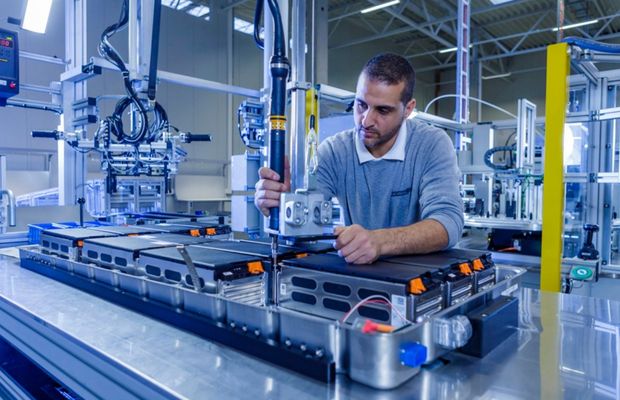
BATTERY Giant’s SHOCKING Exit: $26 Billion Georgia Plant Scrapped
— A battery company has scrapped its plan for a $2.6 billion manufacturing plant in Georgia, sparking concerns about the future of electric vehicle (EV) production. This decision raises questions about the local economy and job market, which were expected to thrive from this project.
Details are limited, but the move follows struggles within the battery production sector. The plant was supposed to be a major supplier for EVs as part of a global shift toward sustainability and green technology.
Industry experts wonder if this decision will affect EV demand in Georgia and create challenges for other manufacturers expanding in the U.S., possibly impacting investments and economic growth in regions relying on such projects.
As events progress, stakeholders will keep a close watch on the viability of large investment projects linked to renewable energy and EV industries across America.

TECH GIANTS Spark Stock Market Surge: What Investors Need to Know
— The STOCK MARKET is seeing a surge, with predictions of a 0.49% rise. This optimism comes from major tech companies, whose earnings reports are expected to beat estimates. Investors are eagerly awaiting these results, fueling excitement across the market.
However, concerns about rising interest rates could dampen this enthusiasm. While the outlook remains positive now, potential rate hikes might impact investor sentiment soon. Market participants stay cautious as they navigate these mixed signals.
Besides stock market news, debates continue over a new lunch plan proposed by a coalition that may affect small businesses’ futures. Stakeholders are split on the possible effects of these changes, highlighting ongoing challenges in balancing economic growth with regulations.
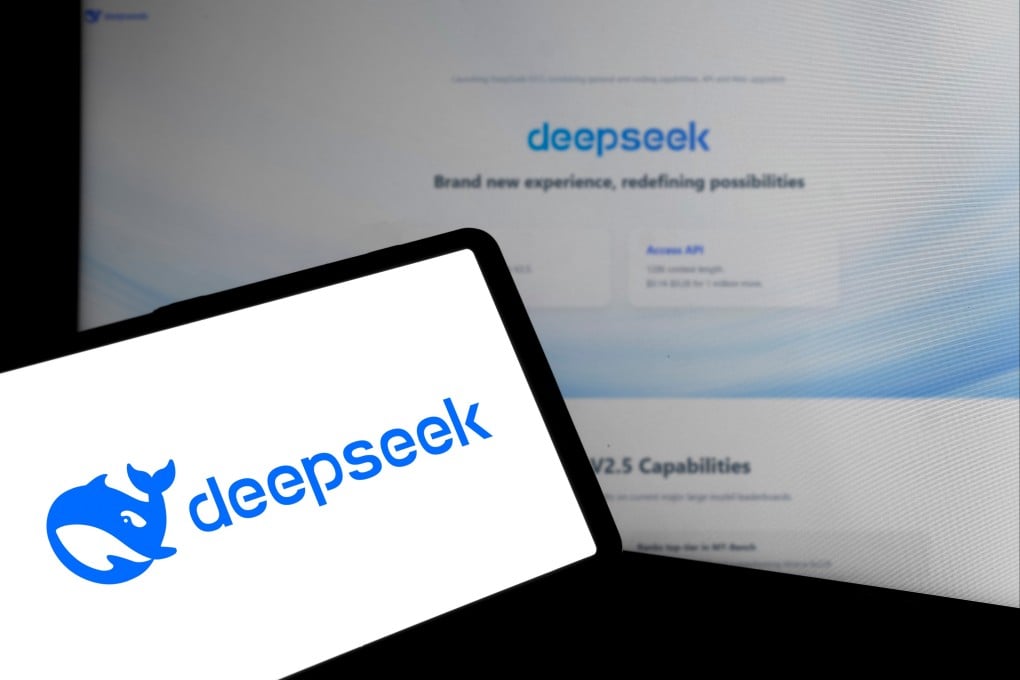
CHINESE AI Revolution: DeepSeek’s Shockwave Hits US Tech Giants
— A new force in artificial intelligence, DeepSeek from China, is shaking up major U.S. tech firms. Their latest AI model, DeepSeek-R1, rivals top U.S. products like OpenAI’s GPT-4 and Google’s Gemini but at a fraction of the cost. This move challenges American dominance and has triggered a massive selloff in tech stocks.
Launched on January 20, 2025, DeepSeek-R1 boasts impressive performance with lower training costs than competitors. Nvidia faced a record market cap drop of over $500 billion — the largest single-day loss in U.S. stock market history — due to this launch. Experts are both amazed and skeptical about DeepSeek’s cost claims, sparking debate on future AI investment strategies.
DeepSeek’s CEO Liang Wenfeng has held closed-door meetings with Chinese leaders to discuss global tech competition implications from their advancements. The rapid rise of DeepSeek has sparked talks about traditional tech investment sustainability and potential industry shifts needed moving forward. Consumers are also interested, as the DeepSeek app topped download charts in both U.S. and China App Stores shortly after release.;

CHINA’S AI Threat: Tech Stocks in Danger of $1 Trillion Wipeout
— Chinese AI startup DeepSeek has shaken global tech stocks, sparking fears about America’s technological advantage. Investors worry about a potential $1 trillion loss in tech value due to rising foreign competition.
The drop in tech shares shows growing concern over the competitive landscape. Major indices have fallen, urging investors to be cautious as the situation develops.
This happens amid wider talks on global trade and economic competitiveness, especially in tech-heavy areas. Experts recommend reassessing portfolios, favoring stable investments over risky tech stocks.
Market analysts emphasize watching these changes closely as they could affect market stability and growth prospects in the technology sector moving forward.

APTIV STOCK Skyrockets After Bold Business Move
— Aptiv plans to spin off its electrical distribution systems (EDS) into a new company. This bold move lets Aptiv focus on advanced driver-aid technology. After the announcement, Aptiv’s shares soared by 5%.
Analysts point out that EDS has lower profit margins. The adjusted EBITDA margin for EDS is expected to be 9.5% in 2024, while Aptiv’s other operations boast an 18.8% margin.
Garrett Nelson from CFRA Research supports the spin-off, saying it aligns with Aptiv’s push toward high-margin growth areas. This strategic shift could enhance Aptiv’s future profitability and market position.

TRUMP’S $500 BILLION AI Move: A Bold Step for America’s Future
— President Donald TRUMP has announced a massive $500 billion investment in artificial intelligence infrastructure. This joint venture involves OpenAI, Oracle, and SoftBank. The initiative aims to build data centers, marking a significant technological advancement.
The project began during the Biden administration but has gained momentum under Trump’s leadership. This investment underscores the importance of AI for future economic growth and national security.
Trump’s announcement highlights his commitment to keeping America ahead in technology. The collaboration between these major companies is expected to drive innovation and create jobs across the country.

— Nvidia Surpasses Apple to Become Second-Most Valuable US Company Tech giant Nvidia overtakes Apple in market capitalization, claiming the position of the second-most valuable public company in the United States
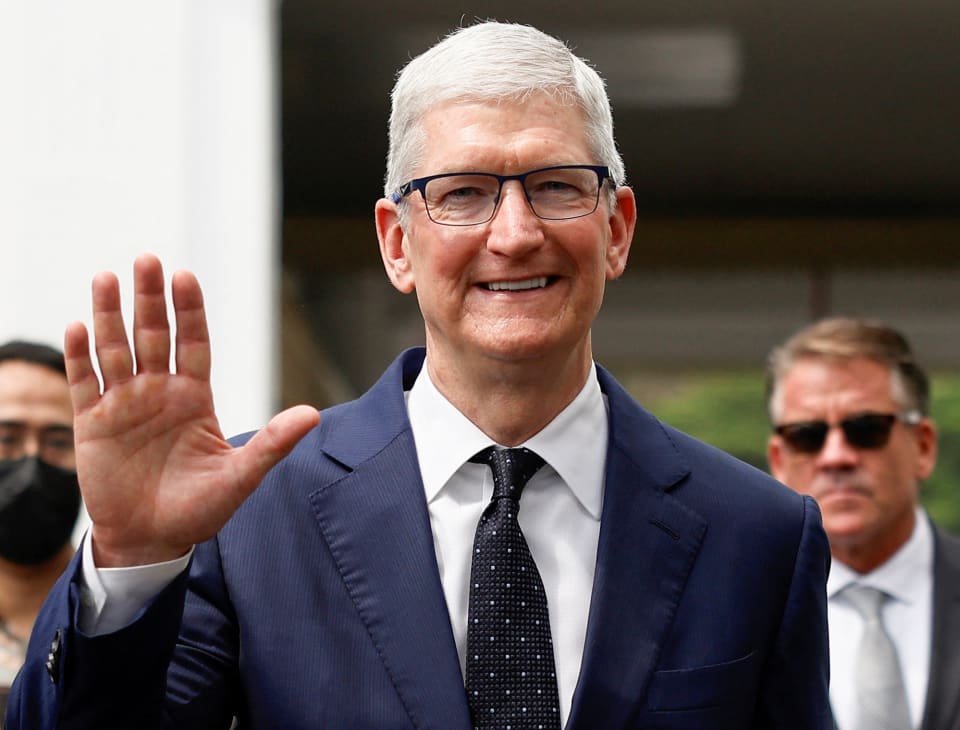
— Apple Unveils $110 Billion Share Buyback Amid 10% iPhone Sales Decline Tech giant Apple reveals its biggest-ever share buyback plan following a 10% drop in iPhone sales
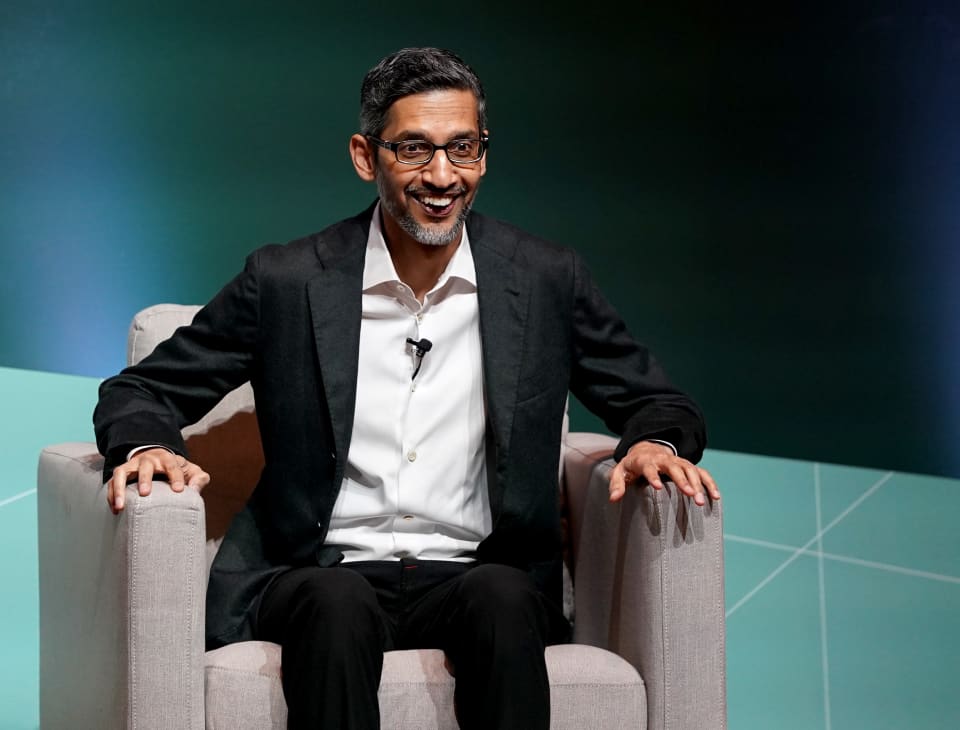
— Alphabet Stock Surges: 14% Increase Post Strong Earnings and Debut Dividend

— SoftBank Rakes in $20 Billion from Arm Surge, Outpacing WeWork Losses One-Sentence SoftBank profits soar as Arm valuation surges, surpassing losses incurred from WeWork

— Tech Layoffs Surge in January as Wall Street Rally Boosts Alphabet, Meta, and Microsoft to Record Highs

APPLE PULLS Plug on Jon Stewart Show Over Controversial Topics: Inside the Power Struggle
— Apple has reportedly put a halt to Jon Stewart’s show due to disagreements over the subject matter of the upcoming season. The comedian intended to delve into hot-button issues such as China, Israel, and artificial intelligence, sparking tension with Apple’s top brass.
Sources within the company disclosed that the conflict stemmed from some of Stewart’s proposed themes and guests for “The Problem”. It was revealed that potential show topics related to China and artificial intelligence were raising eyebrows among Apple executives.
A subsequent report by CNN pinpointed Israel as another contentious issue that Apple was hesitant to tackle. Despite having been granted creative freedom over his show, Stewart found himself increasingly at odds with the company’s reluctance towards his choice of guests and topics.
China poses a particularly delicate issue for Apple. The authoritarian communist country represents nearly one-fifth of Apple’s sales revenue and is also home to most of its manufacturing operations.

Video
BRITISH PM’S Bold Housing Plan: 15 Million Homes to FIX Crisis
— British Prime Minister Keir Starmer has announced a plan to tackle the UK’s housing crisis by building 1.5 million homes over the next five years. This initiative aims to address the severe shortage of housing and create jobs in the construction sector.
The plan includes government-led projects and incentives for private developers, focusing on sustainable urban planning and energy-efficient homes. This aligns with broader goals to reduce carbon emissions and combat climate change.
Critics question whether the government can secure adequate funding and navigate bureaucratic challenges to achieve this ambitious goal. Despite these concerns, the government cites past successes in large-scale infrastructure as evidence of its capability.


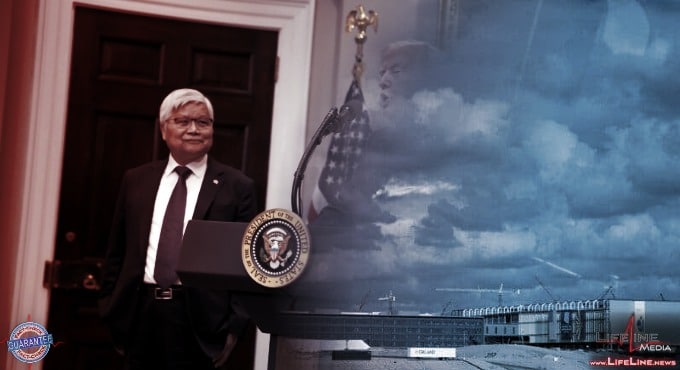
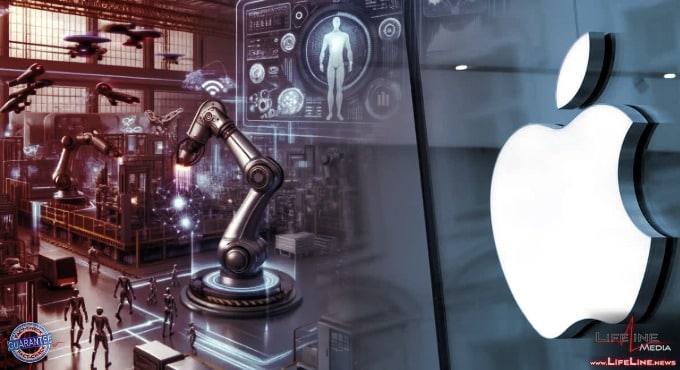

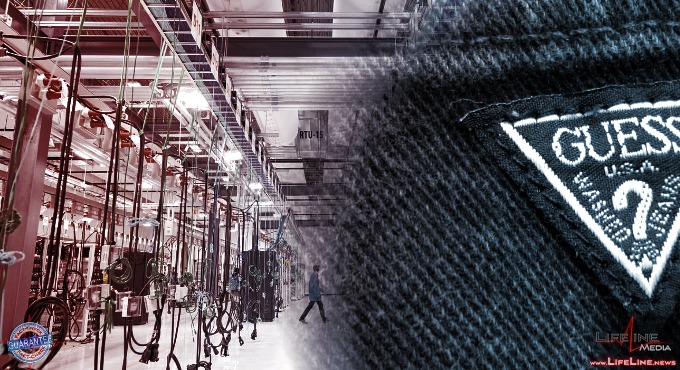
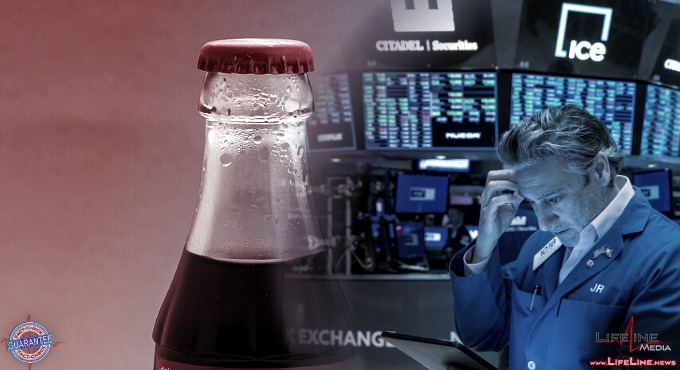

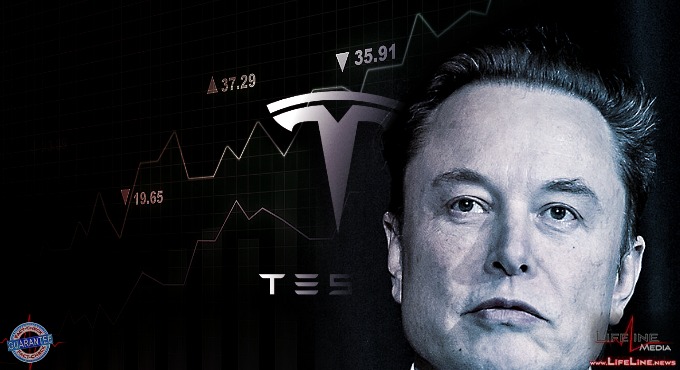
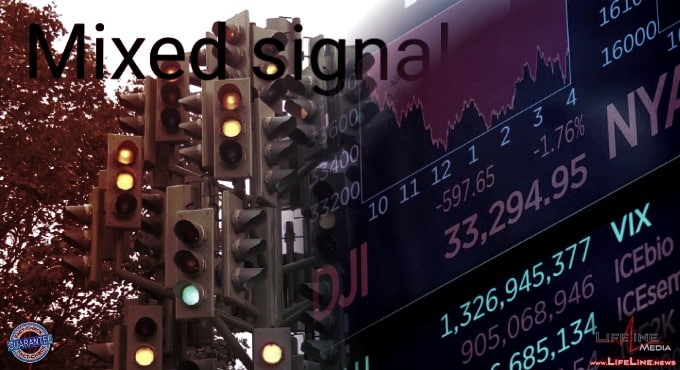


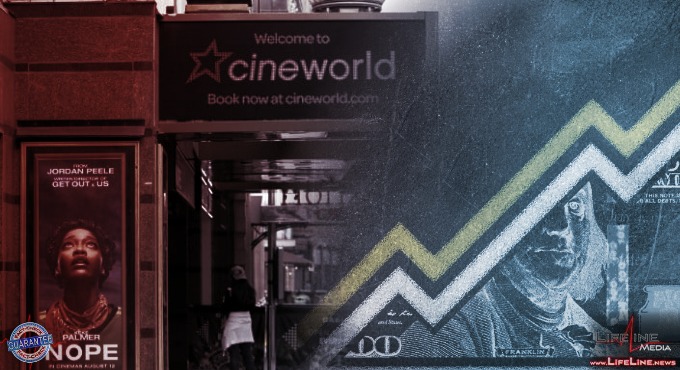

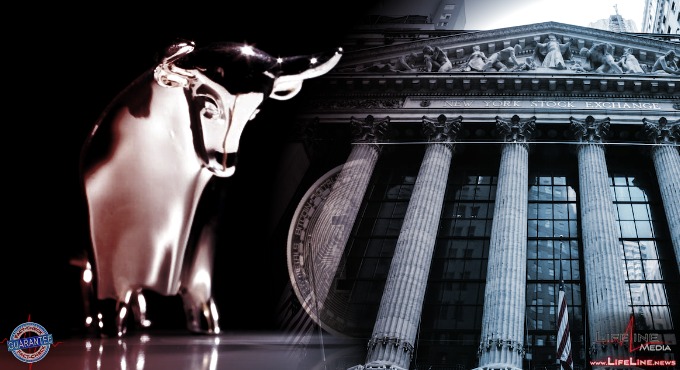


Social Chatter
What the World is SayingNEW: Primetime meets the infamous Big Balls from @DOGE. He tells us how he’s rooting out fraud and saving you money.
. . .NEW: Primetime meets the infamous Big Balls from @DOGE. He tells us how he’s rooting out fraud and saving you money.
. . .NEW: Primetime meets the infamous Big Balls from @DOGE. He tells us how he’s rooting out fraud and saving you money.
. . .NEW: Primetime meets the infamous Big Balls from @DOGE. He tells us how he’s rooting out fraud and saving you money.
. . .Starlink is trying out a service plan commitment in exchange for $0 down in some markets. We’ll see how it goes.
. . .